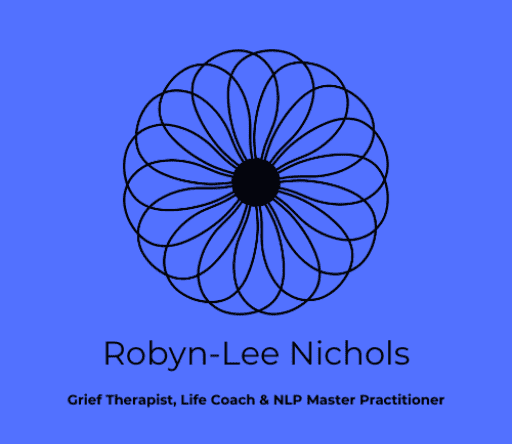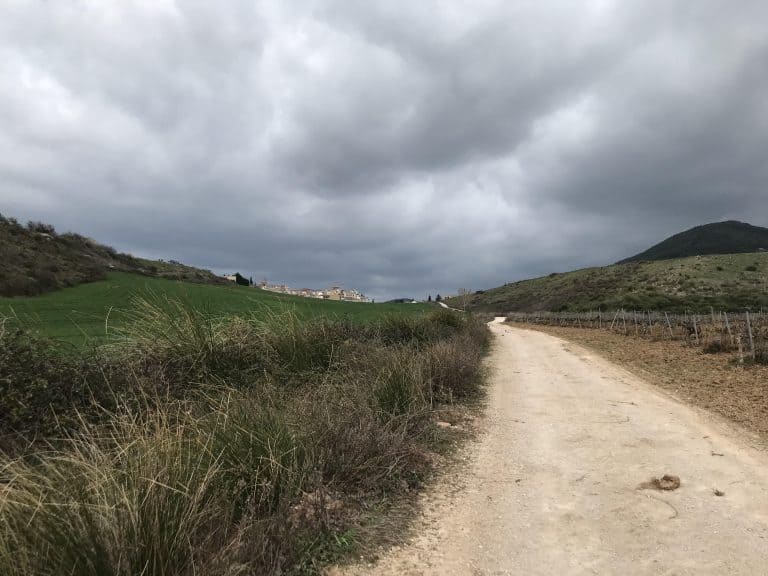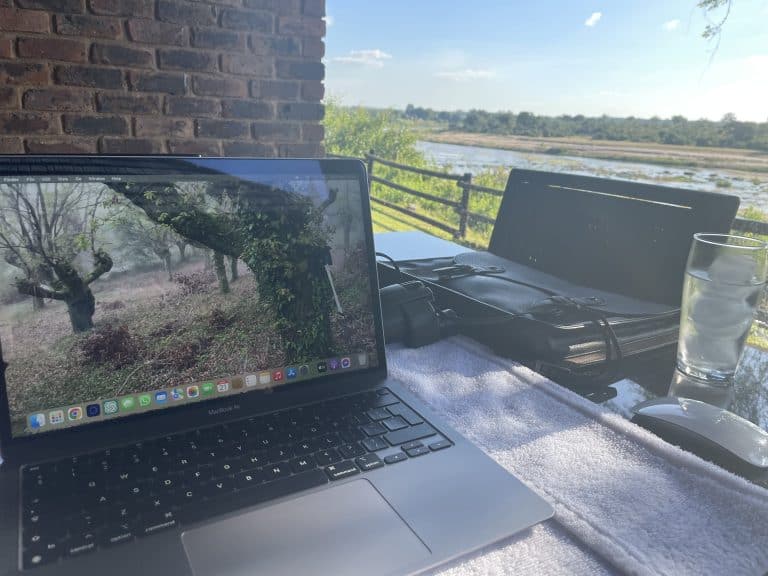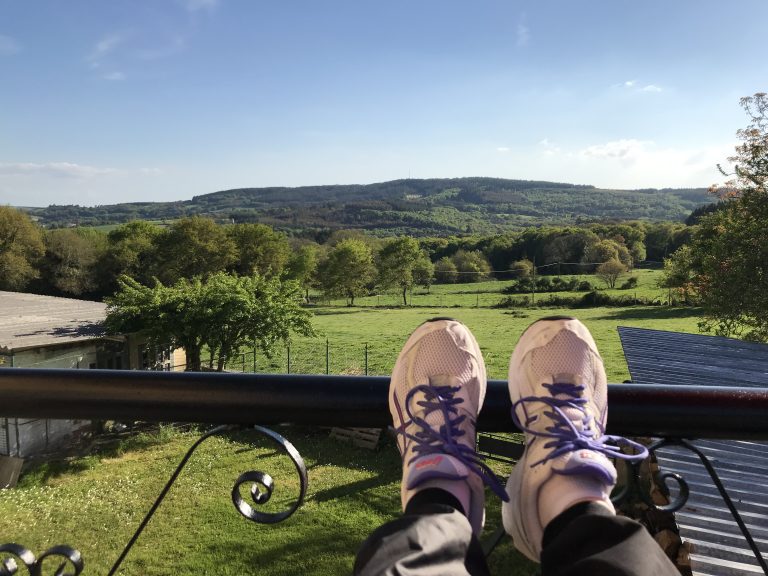Second Stage: Anger in Grief and Four Ways to Find Power in Your Pain
Anger in Grief is the generally accepted second stage of grief, and when grief enters our lives, it rarely comes alone. Like an unwelcome guest bringing complicated companions, grief arrives with a spectrum of emotions that can feel overwhelming and, at times, frightening. Among these, anger often emerges as one of the most misunderstood yet potentially transformative forces in our journey through loss.
When I reflect back on my grief journeys, and when different people have been the centre of that grief process, I remember the Anger in Grief stage very well. It was in those periods of volcanic anger that I made life-changing decisions, and I still maintain the results of those decisions years later.
However, when I first acknowledged that all of the anger at the world that I was feeling, was in fact unwitnessed grief, that anger had destroyed many relationships. It had taken its toll – and the issue here is that anger is an exceptional emotion, and is one of action – it is fundamental to be able to channel that anger in the correct way, to avoid hurting others as well.
Understanding Anger in Grief and the Grieving Process
In the first article on the stages of grief, we discussed “Denial”. Remember that while Elisabeth Kübler-Ross’s stages of grief aren’t meant to be linear, anger frequently surfaces as we begin processing our loss. It might certainly rear its head, in the earlier stages of your grieving process, and with denial, anger it likely to flourish.
This anger in grief can manifest in countless ways – rage at the unfairness of death, frustration with well-meaning but unhelpful friends, or even anger directed at ourselves or the person we’ve lost. For many, this anger feels wrong, something to be suppressed or ashamed of. However, this powerful emotion – anger in grief – serves a vital purpose in our healing journey.
The Hidden Strength Within Anger in Grief
Beneath its fierce exterior, anger carries an important message.
It tells us that something precious has been taken from us, that our boundaries have been violated by loss, and that our world has changed without our consent. This recognition is crucial – anger acknowledges the magnitude of our loss and refuses to let it slip by unnoticed.
More importantly, anger can be the first sign of reclaiming our power after feeling helpless in the face of loss. Unlike the numbing despair of early grief, anger energizes us. It moves us from passive suffering to active engagement with our pain. This shift, while challenging, marks an important transition in our grief journey, as long as we are harnessing this energy in a productive way.
Harnessing Anger’s Energy
That anger in grief, when channeled constructively, can fuel positive changes in our lives.
Consider these:
- Motivation for Change: Anger can drive us to make meaningful life changes, whether starting a foundation in our loved one’s memory or advocating for causes they cared about. For me, and when I came to my own realisations about unwitnessed grief, it was to create awareness in a society that doesn’t speak about this fundamental chapter every single one of us will go through.
- Boundary Setting: The assertiveness that comes with anger helps us establish healthy boundaries with others during our grieving process. Those boundaries can be very useful when we develop a life around our grief too.
- Emotional Release: Properly expressed anger provides a healthy outlet for the intense emotions that accompany grief.
- Connection to Self: Our anger can help us identify what matters most to us and what we need to heal.
Healthy Ways to Express Anger in Grief
Managing anger constructively requires conscious effort and safe outlets. Consider these approaches:
- Physical activities like running, boxing, or vigorous exercise
- Creative expression through art, music, or writing
- Therapeutic practices such as grief coaching or support groups
- Journaling about your angry feelings without judgment
- Controlled destruction in safe environments (like breaking plates at a rage room)
On this last point, my sister and I while cleaning out our parents home, took to removing cupboards in an outside room that needed dampproofing. It was not a structured nor civilised removal – it was two women, who had lovingly cared for their parents with all of the challenges that come from that, smashing damp plywood with hammers, with every little bit of anger that was sitting dormant. You can just imagine the scene!
For me, it was the most exhausting and the most beneficial of all of the mindset, and mindfulness work that I have undertaken on myself, since then.
When Anger in Grief, Becomes Problematic
While anger is natural and potentially helpful, it requires mindful management. Warning signs that anger may be becoming destructive include:
- Persistent rage that interferes with daily functioning
- Violent thoughts or actions
- Substance abuse to cope with angry feelings
- Isolation from support systems
- Physical symptoms like constant tension or health issues
If you recognize these signs, seeking professional support is not just recommended – it’s an act of self-care and courage.
My anger took over me. It was not until I went on the Camino de Santiago, which I really hadn’t intended on returning to life from, when I realised that life wasn’t the struggle that I had thought it to be. I share a little of my story on my About Page.
Moving Through Anger Toward Healing
The goal isn’t to eliminate anger in grief but to work with it productively. As you navigate this stage, remember that anger doesn’t negate love – it often reflects the depth of our attachment and loss. By acknowledging and working with our anger, we honour both our loss and our need to heal.
Consider anger as a temporary but important companion on your grief journey. It can provide the energy needed to move through paralysis, the strength to face painful emotions, and eventually, the power to reclaim joy in life.
Embracing the Journey
As you experience anger in grief, remember that you’re not alone, and you’re not wrong for feeling this way. Your anger is valid, and with conscious attention, it can become a catalyst for healing rather than an obstacle to it.
Accept that this stage will evolve at its own pace. Some days you’ll feel more angry than others, and that’s okay. The key is to remain aware of your emotions while finding constructive ways to express and channel them.
Through mindful engagement with our anger, we can transform its raw energy into a force for healing, growth, and eventually, a deeper appreciation for the love that makes loss so painful in the first place.







